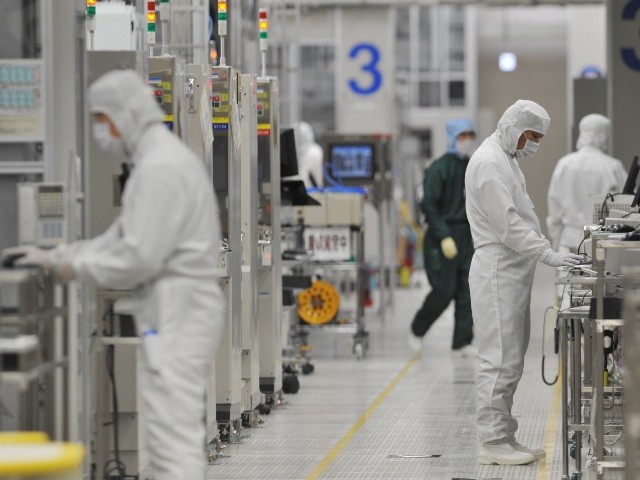The Pentagon’s surprise decision to withdraw $2.5 billion in funding for Intel’s semiconductor manufacturing plans has created a significant shortfall in the company’s expected incentives under the CHIPS Act.
Bloomberg reports that the semiconductor industry’s path to revitalization has hit a snag as the Pentagon abruptly scrapped its plan to contribute $2.5 billion toward Intel’s chip manufacturing grant under the CHIPS Act. This move has disrupted the distribution of funds from the legislation, leaving the Commerce Department scrambling to fill the substantial funding gap.
According to people familiar with the matter, the Pentagon’s withdrawal occurred in the days leading up to a government funding deadline, forcing lawmakers to redirect the Commerce Department to reallocate other CHIPS Act funds to make up the $2.5 billion shortfall. This change could potentially mean a greater portion of Intel’s incentives will be devoted to military and intelligence-related chip production, rather than commercial purposes.
The CHIPS and Science Act, signed into law in 2022, aimed to revive the domestic semiconductor industry and reduce reliance on foreign suppliers, particularly in light of growing tensions with China. However, the $39 billion in grant funding allocated by the Act is a mere fraction of the industry’s overall needs, with advanced chipmakers alone requesting more than double the amount set aside for them.
Intel, once a leader in the semiconductor industry, has fallen behind rivals like Taiwan Semiconductor Manufacturing Co. (TSMC) and Samsung Electronics in recent years. The company had been expecting over $10 billion in incentives from the CHIPS Act to fund its ambitious turnaround effort, which includes $20 billion investments in new manufacturing facilities in Ohio and Arizona.
The Pentagon’s initial commitment of $2.5 billion was part of a $3.5 billion package for Intel to produce advanced defense and intelligence-related semiconductors, with the remaining $1 billion coming from the Commerce Department. However, the withdrawal of the Pentagon’s contribution has raised concerns about whether Intel will receive less overall funding than anticipated or if the shortfall will leave fewer resources for other chipmakers seeking CHIPS Act grants.
GlobalFoundries, a top supplier of older processors to the U.S. military, lobbied against the defense provision for Intel, arguing that relying on a single company for the most sensitive government applications is not the right solution. Some lawmakers have also expressed concerns over this approach, suggesting a more diversified strategy may be necessary.
Read more at Bloomberg here.
Lucas Nolan is a reporter for Breitbart News covering issues of free speech and online censorship.



COMMENTS
Please let us know if you're having issues with commenting.